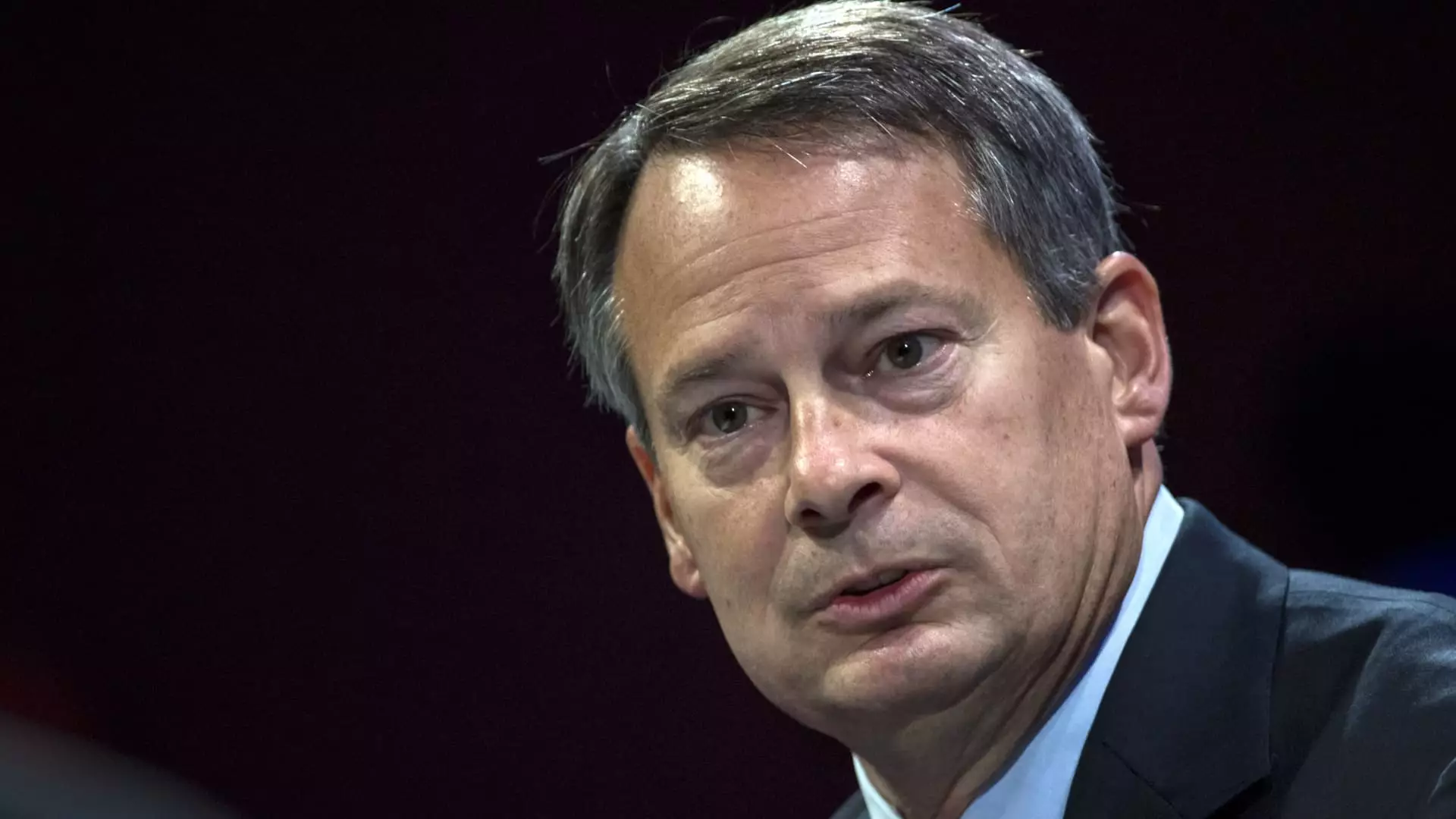Walt Bettinger, the longstanding CEO of Charles Schwab, is set to retire at the end of December, concluding a significant chapter in the firm’s history that spans 16 transformative years. His departure aligns with his forthcoming 65th birthday and has been welcomed with an announcement that highlights the meticulous approach towards leadership succession within the company. This thoughtful transition plan reflects Schwab’s commitment to maintaining stability and continuity, elements crucial in the fast-evolving financial services landscape.
As Bettinger prepares to step down, the reins of leadership will be handed over to Rick Wurster, the current President of Charles Schwab. This new appointment, effective January 1, 2025, highlights the company’s forward-thinking strategy in leadership succession. Bettinger has expressed full confidence in Wurster’s abilities, having worked alongside him closely for over eight years. Such an endorsement is vital as Wurster steps into this pivotal role, providing reassurance to shareholders and clients alike.
Under Bettinger’s stewardship since 2008, Charles Schwab has seen remarkable growth, with client assets soaring from $1.14 trillion to an impressive $9.74 trillion. The number of client brokerage accounts also experienced a staggering increase from fewer than 10 million to over 43 million. A significant factor behind this growth was Schwab’s strategic acquisition of TD Ameritrade in 2020, a move that not only expanded its market presence but also enhanced its service offerings.
In a candid discussion on CNBC’s “Squawk Box,” Bettinger detailed the completion of the integration of Ameritrade as a key milestone, suggesting it was an appropriate moment for him to transition out of the CEO position. This integration is expected to fortify Schwab’s operational efficiency and client satisfaction moving forward.
The Continuity of Strategy with Rick Wurster
During the announcement of his succession, Wurster indicated that he intends to build upon the established strategies rather than overhaul them. This approach reassures clients of ongoing stability, which is paramount in a brokerage industry characterized by rapid changes in technology and customer expectations. Wurster emphasized a continued focus on delivering exceptional service to clients, a hallmark of Schwab’s philosophy.
The stock performance of Charles Schwab has been another focal point during Bettinger’s tenure. Although shares have appreciated roughly 150% since he took the helm during the 2008 financial crisis, there have been indications of underperformance in comparison to broader market trends over the past two years. Bettinger acknowledged the challenges faced during the early days of his leadership, underscoring the cyclical nature of the financial markets which can bring both obstacles and opportunities.
With Bettinger’s retirement on the horizon, the future of Charles Schwab appears poised for continued evolution under Wurster’s leadership. The company’s strategic focus on client satisfaction and growth will be critical as it navigates potential market challenges. As Schwab transitions into this new leadership phase, it stands as a testament to thoughtful succession planning in a dynamic industry, leaving its clients and stakeholders with a sense of optimism for the road ahead.

